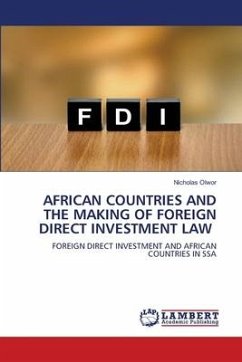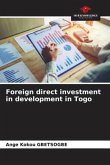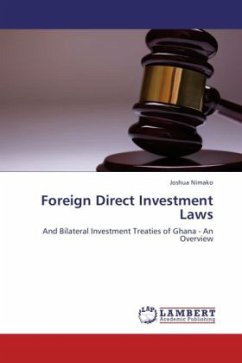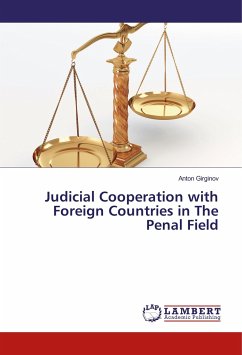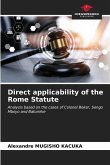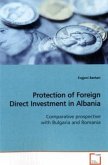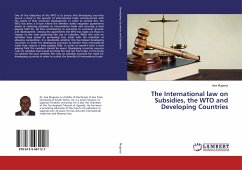In the past two decades, there have been significant changes in national and international policies of foreign direct investment (FDI). These changes have been both cause and effect in the ongoing integration of the world economy and the changing role of FDI in it. They have found expression in national laws and practices and in a variety of international instruments which includes bilateral, regional and multilateral. Traditionally, African States have played an active and relevant role in the formulation and development of international investment law. Generally, the contribution of these states is demonstrated through active participation in deliberations of the Non-Aligned Movement, the role of African States in the creation of specialized institutions such as UNCTAD and the strategic use of numerical strength to sponsor numerous United Nations Resolutions. During the epitome of Africa's active participation, African States aggressively resisted the internationalization of foreign investment rules. However, the practice of African States appears to have changed through the conclusion of BITs containing far-reaching treaty provisions.
Bitte wählen Sie Ihr Anliegen aus.
Rechnungen
Retourenschein anfordern
Bestellstatus
Storno

